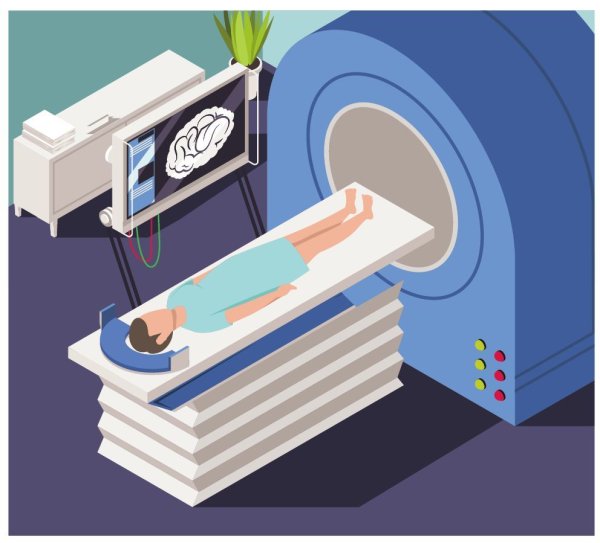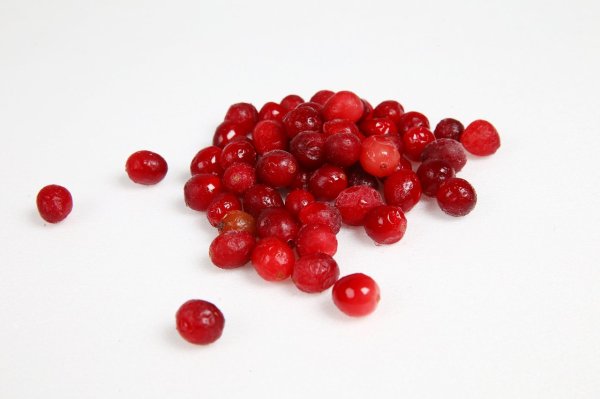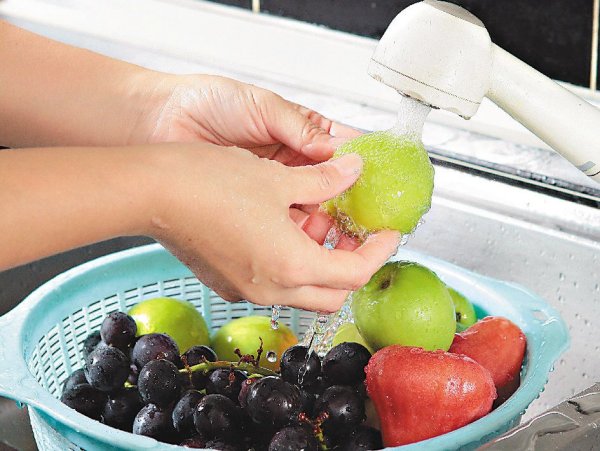In order to stay healthy in middle age, experts suggest 5 common foods that should be taken after the age of 50

Each age has different nutritional needs, especially after middle age, energy will decrease with the loss of muscle mass, and the ability to absorb nutrients will also weaken. As a result, once you pass by 50, you need to earn more nutrition from fewer calories.
Experts suggest that you choose nutrient-intensive whole foods, especially healthy fats, protein, dietary fiber, and key trace nutrients, such as vitamin B population, vitamin D and calcium. In order to stay healthy in middle age, the following 5 common foods can be considered to be eaten first.
{ Chicken eggs maintain muscle mass, experts point out that it is beneficial to include chicken eggs in middle-aged diets, because chicken eggs not only contain vitamin B populations, but are also an excellent source of protein, which is important in preventing age-related muscle atrophy.In fact, animal proteins are like chicken eggs, which contain nine essential amino acids needed by the human body, which are very important for our health. Other important sources of protein include qualities, fish, and lean meats such as chicken or hot chicken.
It should be noted that most plant-based proteins, including beans, fruits and seeds, do not contain the 9 essential amino acids required by humans, and are called "incomplete protein" and need to be eaten with mixed and matched. Yellow beans, chia seeds and quinoa are a few exceptions, containing 9 essential amino acids.
Sardine fish prevents decreased cognitive abilityExperts say that in terms of brain health, one of the key nutrients in middle age is the Omega-3 fatty acids contained in oily fish, which can support and strengthen the blood-bone barrier and help prevent dementia. In addition, oily fish also contains vitamin D, which is helpful for maintaining cognitive function.
Among oily fish, experts recommend eating sardine, including fish bones, which can be eaten whole. Fish bones are also rich in calcium, which is important for bone density, just like vitamin D, because as age increases, bone density will gradually decrease, and you will suffer from bone dysfunction.
Tomatoes are good for gland healthMost of the diagnosis of adenocarcinoma usually occurs in men after the age of 50. To promote gland health, experts suggest that a Mediterranean diet can be followed, which contains a large number of colorful vegetables such as tomatoes, beets and red peppers, which are rich in the potent antioxidant solanin.
Studies have shown that the intake of solanin from diet is related to reducing the risk of cancer. More and more evidence also shows that solanin may play a role in preventing adenocarcinoma.
Beans can improve mental healthDietary fiber plays an important role in preventing mental problems, and with age, the fibers that most people take are actually insufficient.
experts say that safety helps to remove calcisterone from the body, and has been proven to help reduce blood pressure, help weight management, and can also reduce the risk of developing brain cancer.
Kans Blue Strengthens BonesIn addition to anti-cancer antioxidants and immune-enhancing vitamin C, a 50g serving of kale blue leaves can provide all the vitamin K you need in the day.
Vitamin K is a crucial nutrient for the elderly. Deficiency of vitamin K is associated with a variety of chronic diseases, including osteoporosis, cardiovascular disease and osteopathic inflammation. Other cruciferous vegetables, such as blue cabbage, spinach and alba, also have similar benefits.




